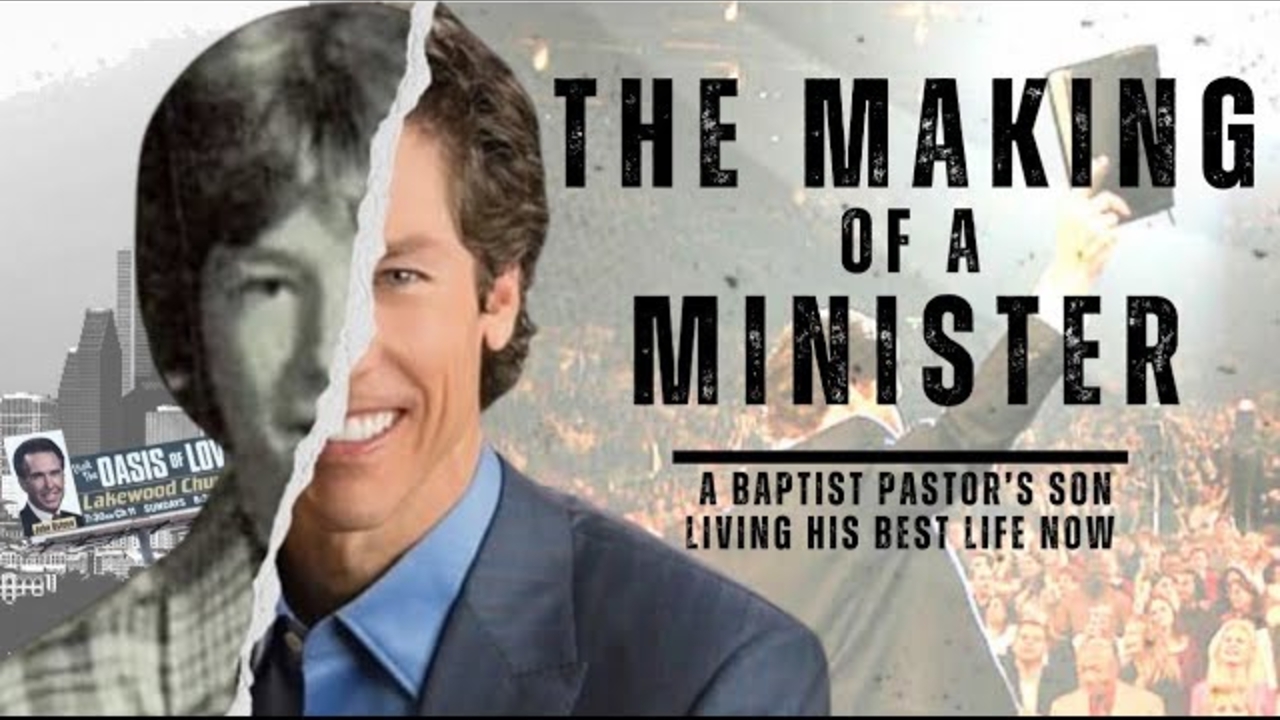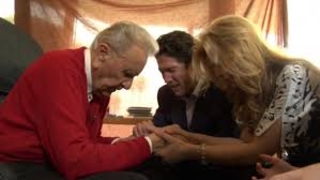
The Making Of Joel Osteen | His father's legacy
There are few bigger names in the American pastorate than Joel Osteen. But what many today don’t know about him is the impact of his father, John Osteen and his father’s ministry which Joel later took over, on the man we see so often on Christian television. This will hopefully help shed some light.
After leaving the Baptist church he pastored, John started Lakewood Church in Houston, Texas. But it was a rough start, and John continued to preach revivals throughout the week to advance his ministry. These revivals, however, didn’t pay for themselves, and John had to seek funding elsewhere. And the main sources of both funds and support came from the Full Gospel Business Men’s Fellowship International.
The Full Gospel Business Men’s Fellowship International was founded by a prominent figure named Demos Shakarian, a man whose theological outlook was deeply rooted in Pentecostalism, something passed down to him through his father, a prosperous dairy farmer in California. Growing up in this environment, Demos absorbed not just the agricultural principles of running a successful dairy business but also the values and beliefs of Pentecostal Christianity.
Eventually, Demos took over the family business, and under his leadership, it thrived. However, Demos didn’t simply use the profits from the dairy to enrich himself or his family; he had a broader, more spiritual vision. He funneled resources from the family business into supporting and launching the ministries of several neo-Pentecostal ministers. These ministers would eventually become household names in religious circles, reshaping the landscape of modern Christianity.
Among the figures Demos supported were notable Pentecostal leaders such as Kenneth Hagin, Oral Roberts, William Branham, T.L. Osborne, and even Billy Graham (not a Pentecostal, but too notable to leave out, though exclude him from most of the rest of this). These leaders were instrumental in what would later be known as the Charismatic and Evangelical movements, through which Pentecostal theology spread far and wide. Each of these men contributed to the growing wave of faith healings, revival meetings, and the style of preaching that began to sweep across the United States and beyond.
Demos’ influence extended even further through his association with John Osteen and Lakewood Church, which would later become one of the largest and most influential churches in the world. Through Demos, Osteen didn’t just cross paths with these Pentecostal giants; he locked arms with them, learning from their ministries and applying their theological lessons to his own. Demos' support thus created a ripple effect, nurturing a generation of leaders who brought Pentecostalism to the forefront of evangelical Christianity.
Through his connection with the Full Gospel Business Men’s Fellowship International John Osteen specifically connects with Oral Roberts and T.L. Osborn. Osteen had been deeply influenced by T.L. Osborn’s book “Healing The Sick”. It was from this book that John had adopted his theology of healing and miracles for today. As such Osteen was given the opportunity to travel a number of times to India with Osborn. A ministry that he later takes his son Joel on as well. Additionally John’s connection to Oral Roberts influenced not only how he did ministry, via revivals and evangelistic magazines, but how he preached about healing and miracles for today. A theme that was woven throughout the rest of John’s ministry and preached often at Lakewood. John’s relationship with Roberts lasted up until his death, Joel even speaking at ORU and praying with Roberts shortly before his death.

One key event in John Osteen's life—a pivotal turning point—was the miraculous healing of his daughter. This personal experience of divine healing, combined with the teachings of Pentecostal evangelist T.L. Osborne, solidified Osteen’s theological views. His exposure to Osborne’s books and his connection with the Full Gospel Business Men’s Fellowship International only reinforced his convictions. Osteen found himself on a spiritual path that he could not—and would not—turn back from. His belief in the power of faith, healing, and the Holy Spirit became central to his ministry.
These experiences not only shaped Osteen’s theology but also ignited a fire within him that he could not keep silent. Empowered by what he had learned from the giants of the Pentecostal movement and his own life-changing encounters, Osteen embarked on a ministry that would impact millions, solidifying his place in the legacy that Demos Shakarian helped create.
While it seems John eventually left the Full Gospel Business Men’s Fellowship the connections and theology that had been promoted there was carried on into Lakewood and John’s son Joel. While Joel is nowhere nearly as open about healing and miracles as his father was, the way Joel speaks about “speaking things out in faith” or “receiving a healing when you believe” are directly connected to the ways that Roberts and Osborn both preached about the miraculous.
Joel Osteen is a product of a number of Christian movements, yet the first and most impactful was the one his father John was a part of. Without John reading T.L. Osborn’s book it is very likely that Joel would have been born into the home of a baptist evangelist. That he would have gone on to do something very different than what he is doing now.
My aim in articles like these is not to give an opinion or theological perspective, but to give important background information that many don’t know about into figures like these. Want to know more about how Joel became the minister he is today? Check out more of his story here.